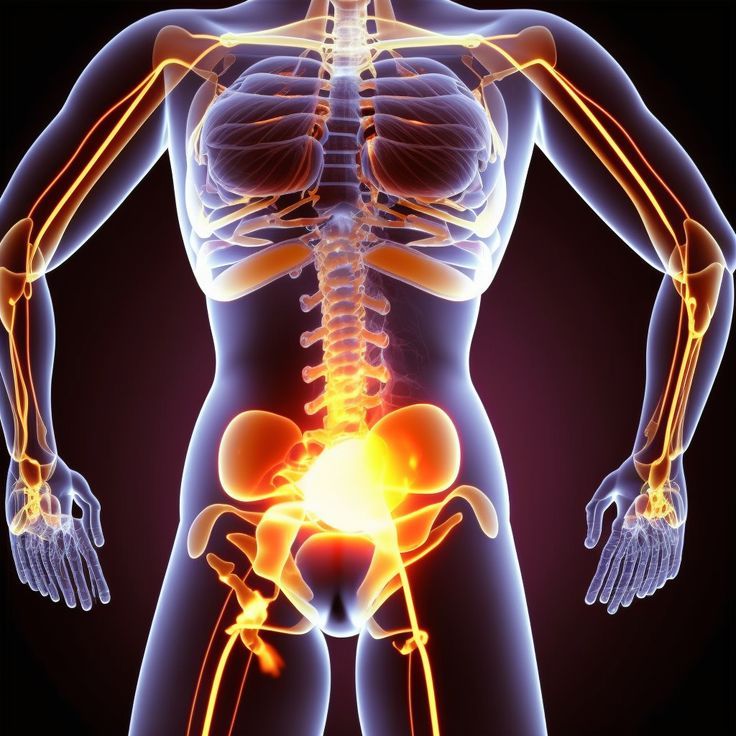
Pinterest.
Hormones play a vital role in every function of the human body, and the prostate is no exception. Among these, testosterone — the primary male sex hormone — has a direct connection with prostate growth and overall health. Understanding this relationship can help men take proactive steps to maintain hormonal balance and protect their prostate over time.
Testosterone and the Prostate: What’s the Link?
Testosterone, produced mainly in the testes, is essential for male development and reproductive function. However, a more potent derivative of testosterone, dihydrotestosterone (DHT), is believed to play a major role in the growth of the prostate gland.
As men age, levels of testosterone naturally decline, but DHT levels may remain relatively steady. This hormonal imbalance is thought to contribute to conditions like benign prostatic hyperplasia (BPH) — a noncancerous enlargement of the prostate — and potentially even influence the development of prostate cancer.
While testosterone itself is not the cause of prostate cancer, studies suggest that abnormal hormonal activity or imbalance may create an environment that encourages the progression of certain prostate conditions.
Signs of Hormonal Imbalance That May Affect the Prostate
- Reduced libido or sexual function
- Fatigue or low energy levels
- Mood changes or depression
- Loss of muscle mass
- Difficulty urinating (may signal BPH)
If you’re experiencing any of these, it may be worth discussing hormone testing with your healthcare provider.
Natural Strategies to Keep Hormones Balanced
- Exercise Regularly
Physical activity, especially strength training and cardio, helps boost testosterone and regulate insulin — both of which are key to hormone balance. - Eat a Prostate-Friendly Diet
Include healthy fats (avocados, nuts), cruciferous vegetables (like broccoli and kale), and foods rich in zinc and selenium (such as pumpkin seeds and Brazil nuts).
Reduce sugar, processed foods, and excessive alcohol. - Get Quality Sleep
Poor sleep can lower testosterone levels. Aim for 7–9 hours of restful sleep each night. - Manage Stress
Chronic stress increases cortisol, which can disrupt the natural production of testosterone. Try mindfulness, yoga, or breathing exercises. - Avoid Endocrine Disruptors
Limit exposure to chemicals found in plastics, personal care products, and pesticides, which may interfere with hormonal activity. - Consider Natural Supplements
Saw palmetto, zinc, and vitamin D have shown promise in supporting hormone and prostate health — but consult your doctor before adding supplements.
Final Thoughts
Maintaining hormonal balance is a key part of preserving prostate health — especially as men age. While aging is inevitable, lifestyle choices can greatly influence how your body manages hormonal changes.
By understanding the role hormones play in prostate health and taking proactive, natural steps to support balance, you’re investing not just in your prostate, but in your overall vitality and well-being.
